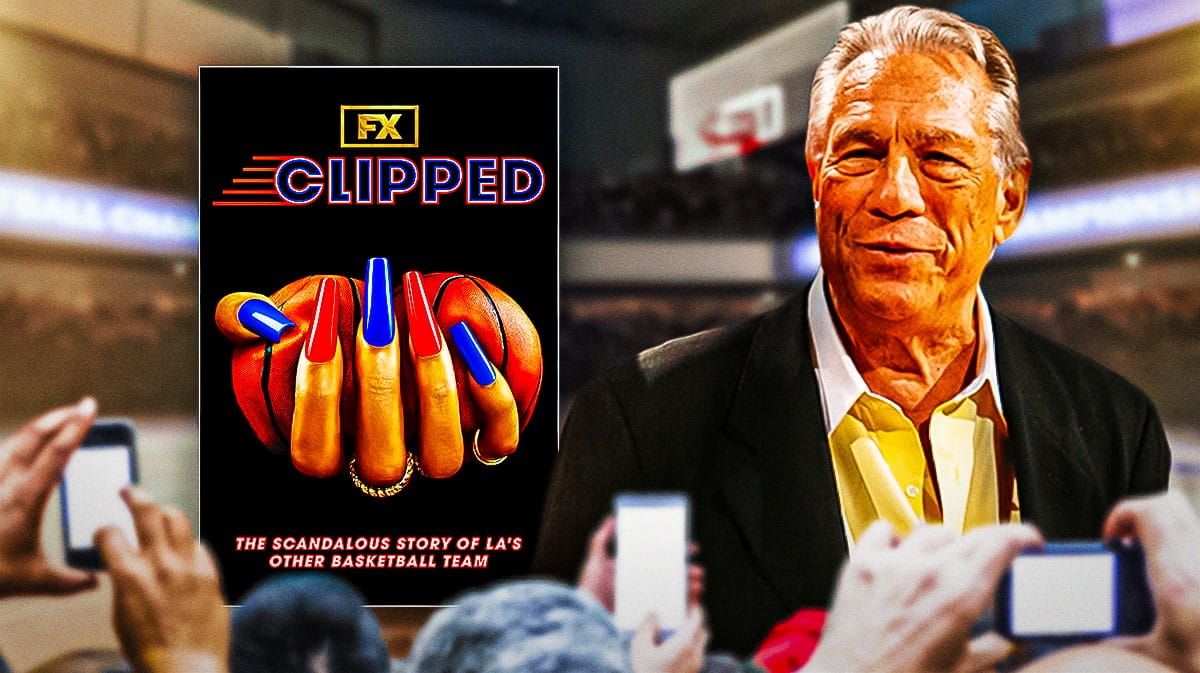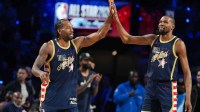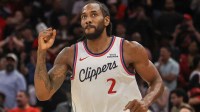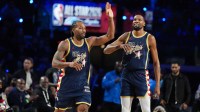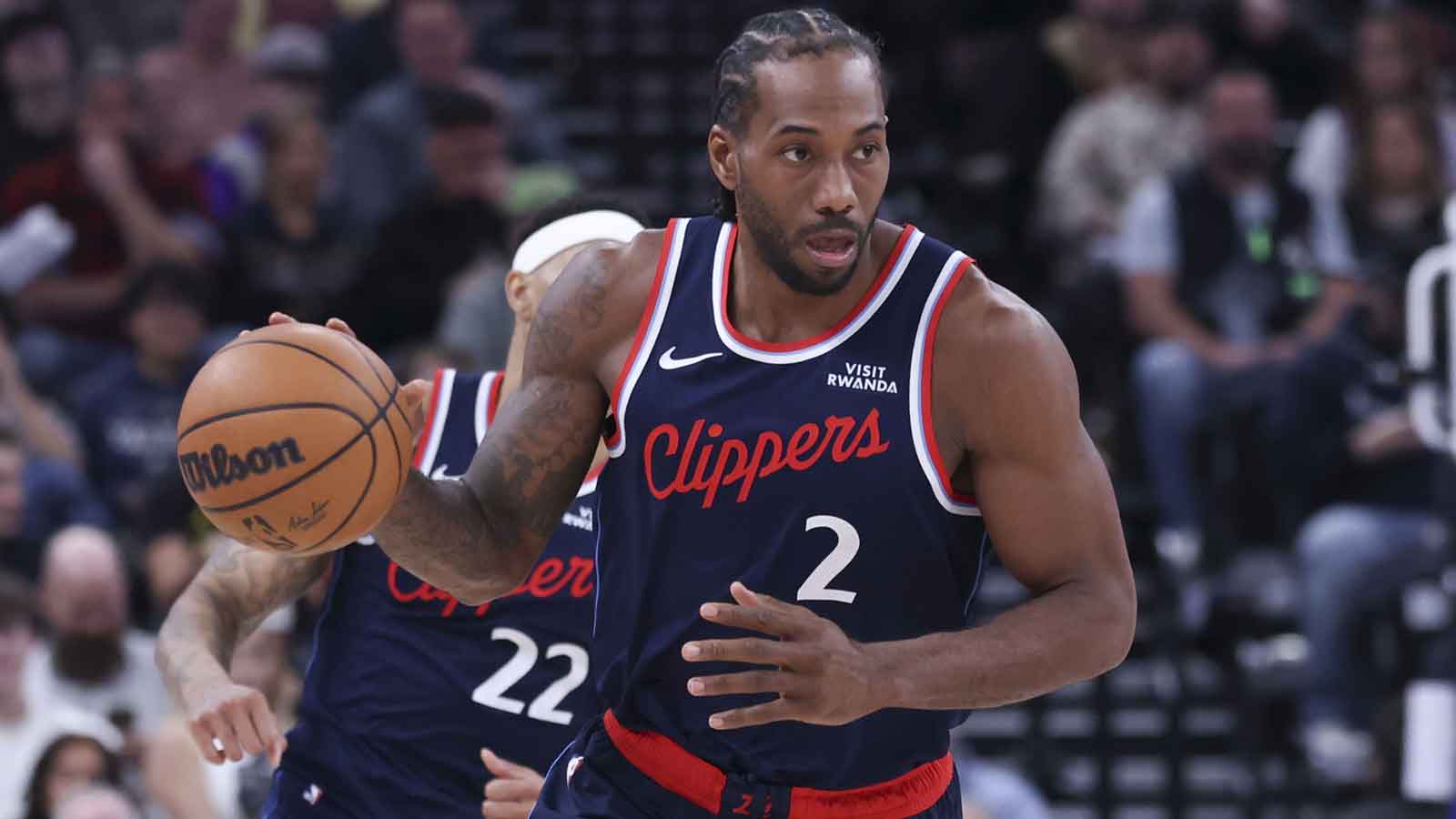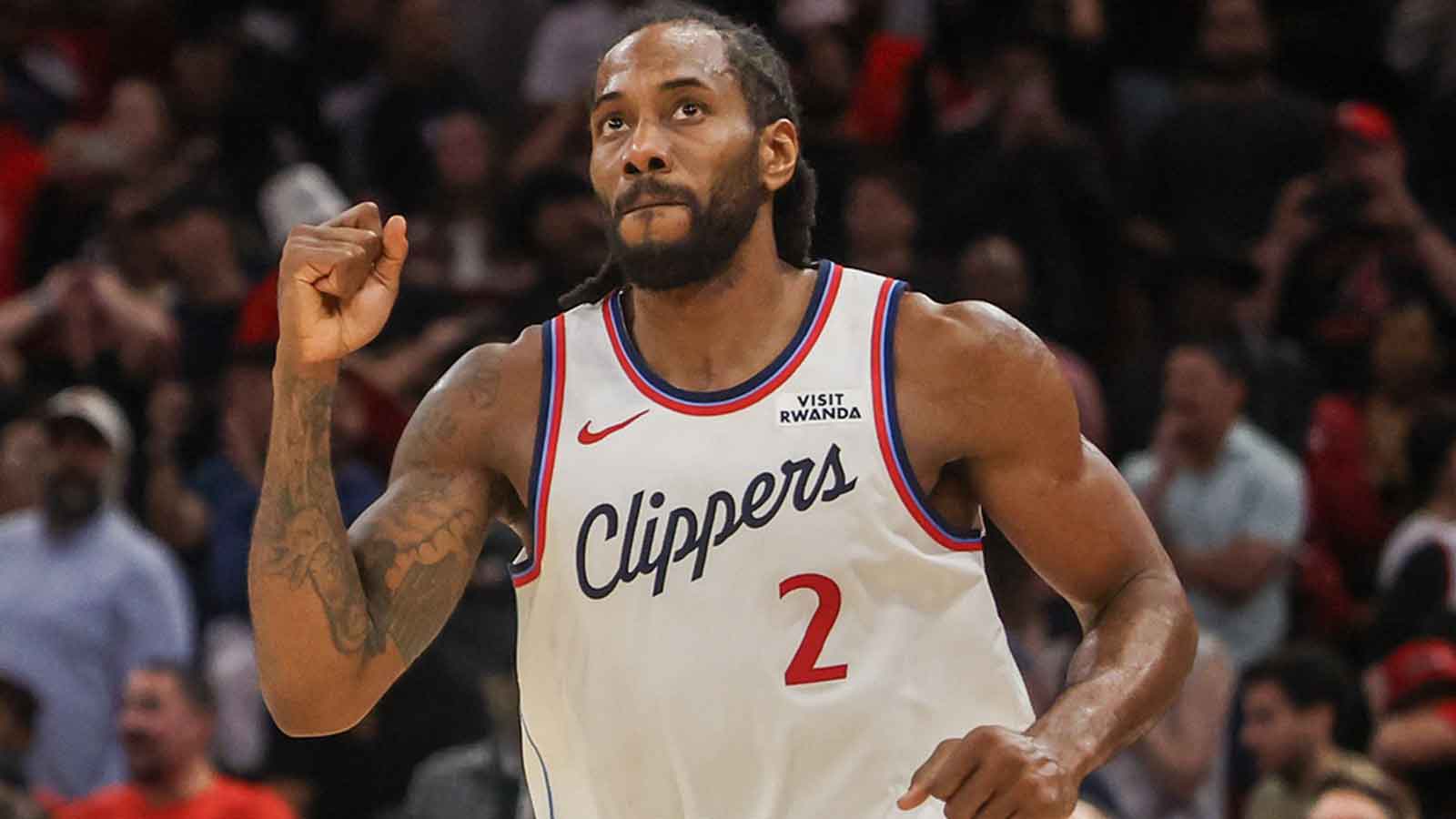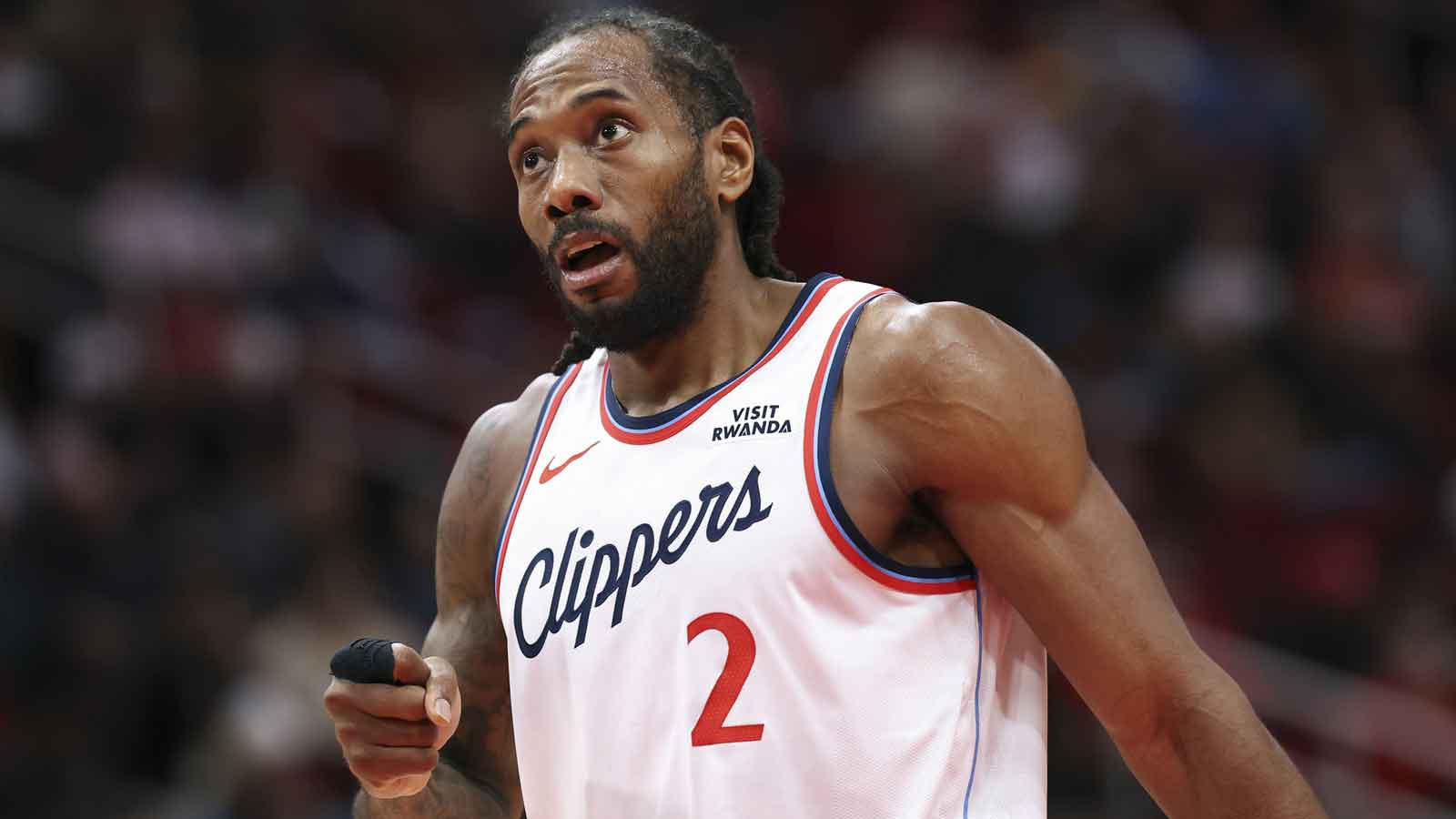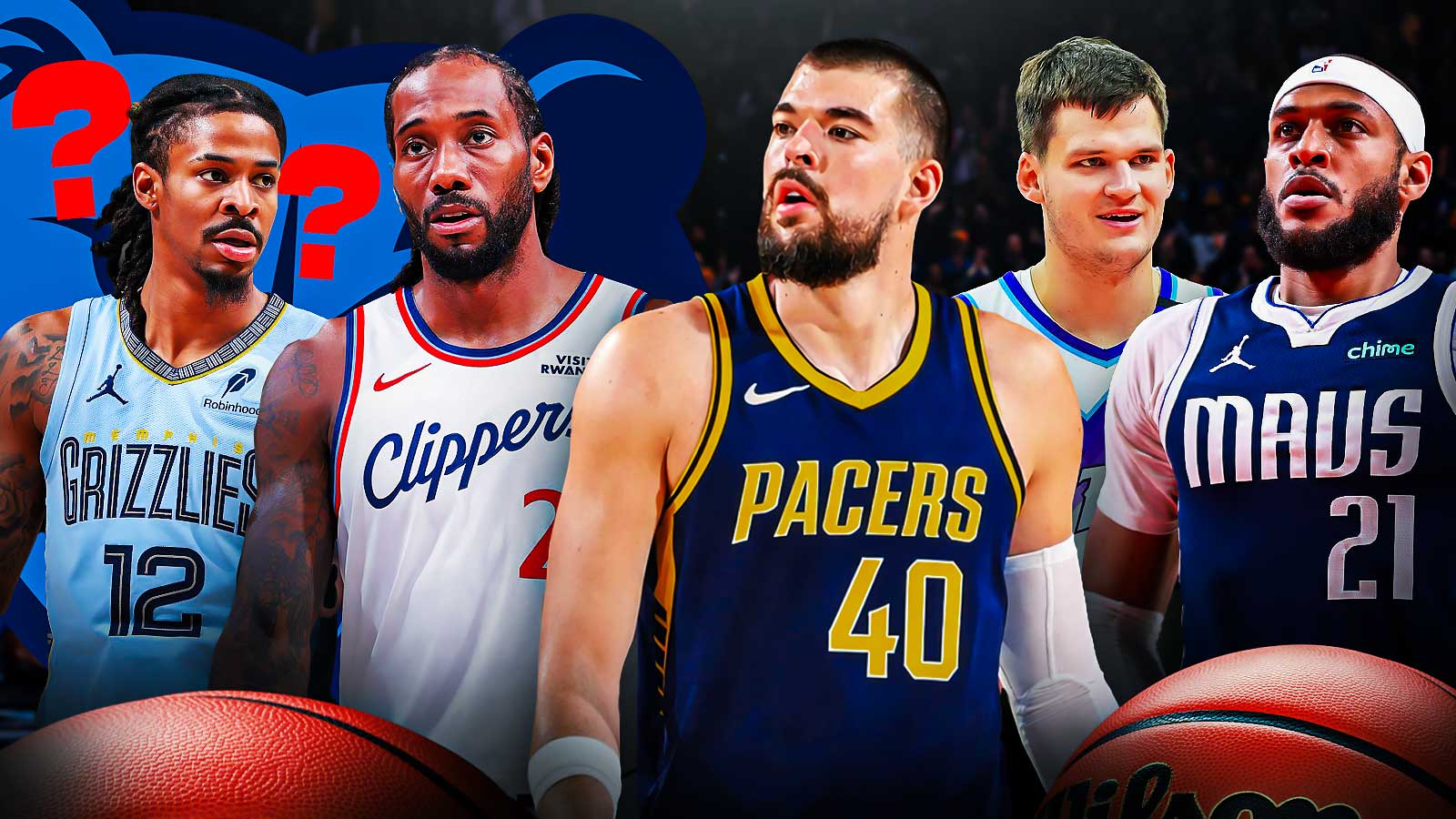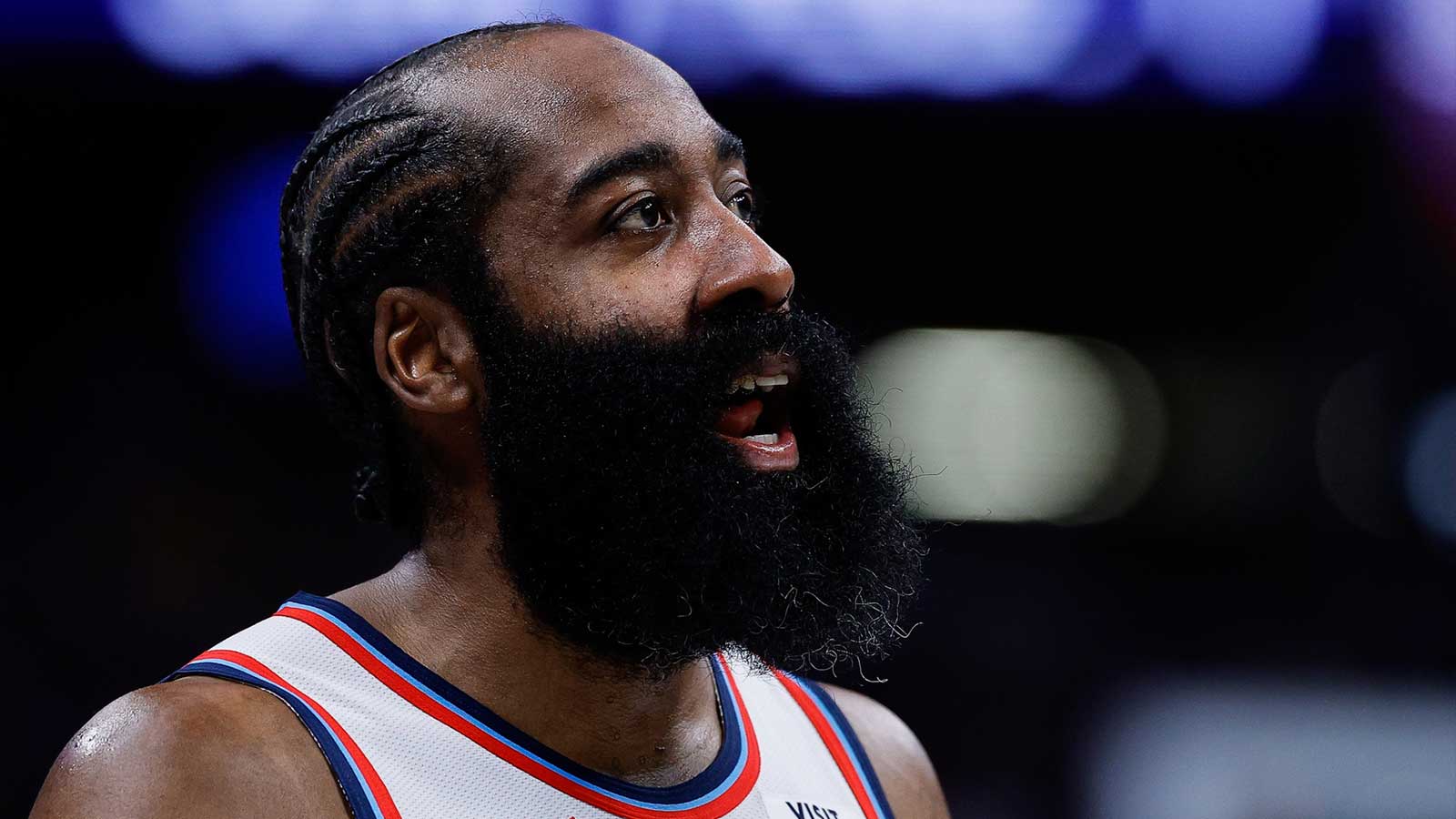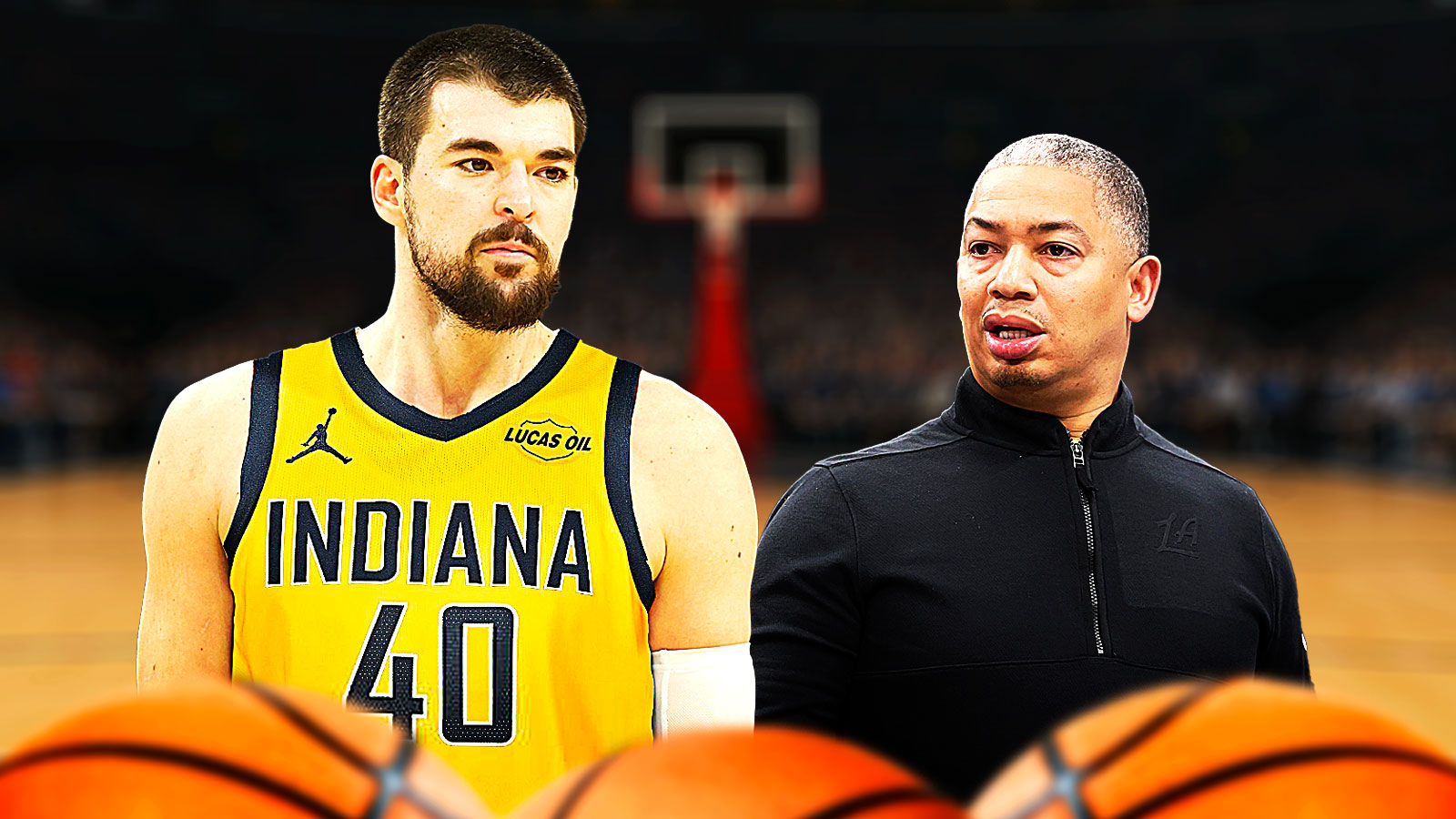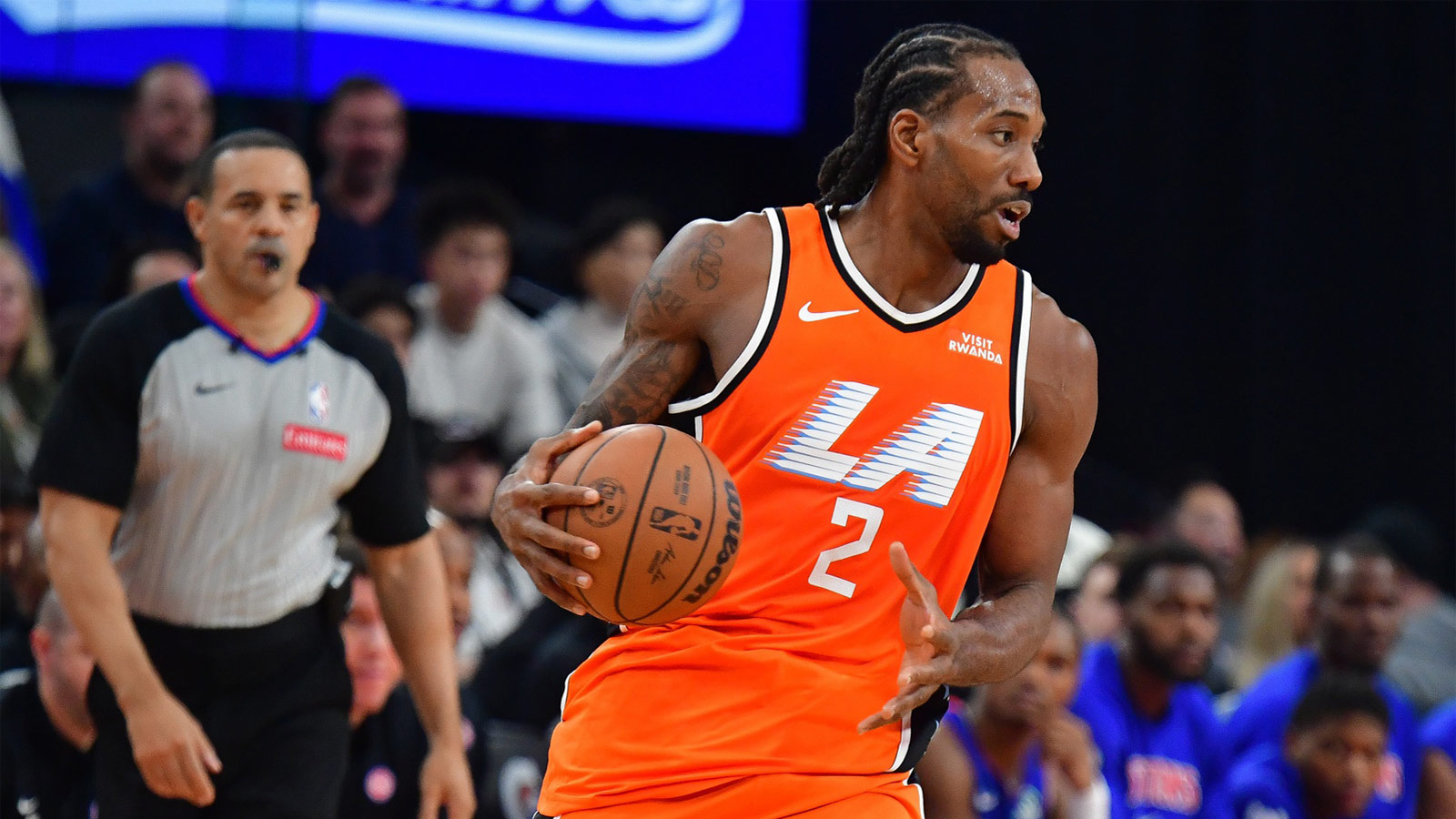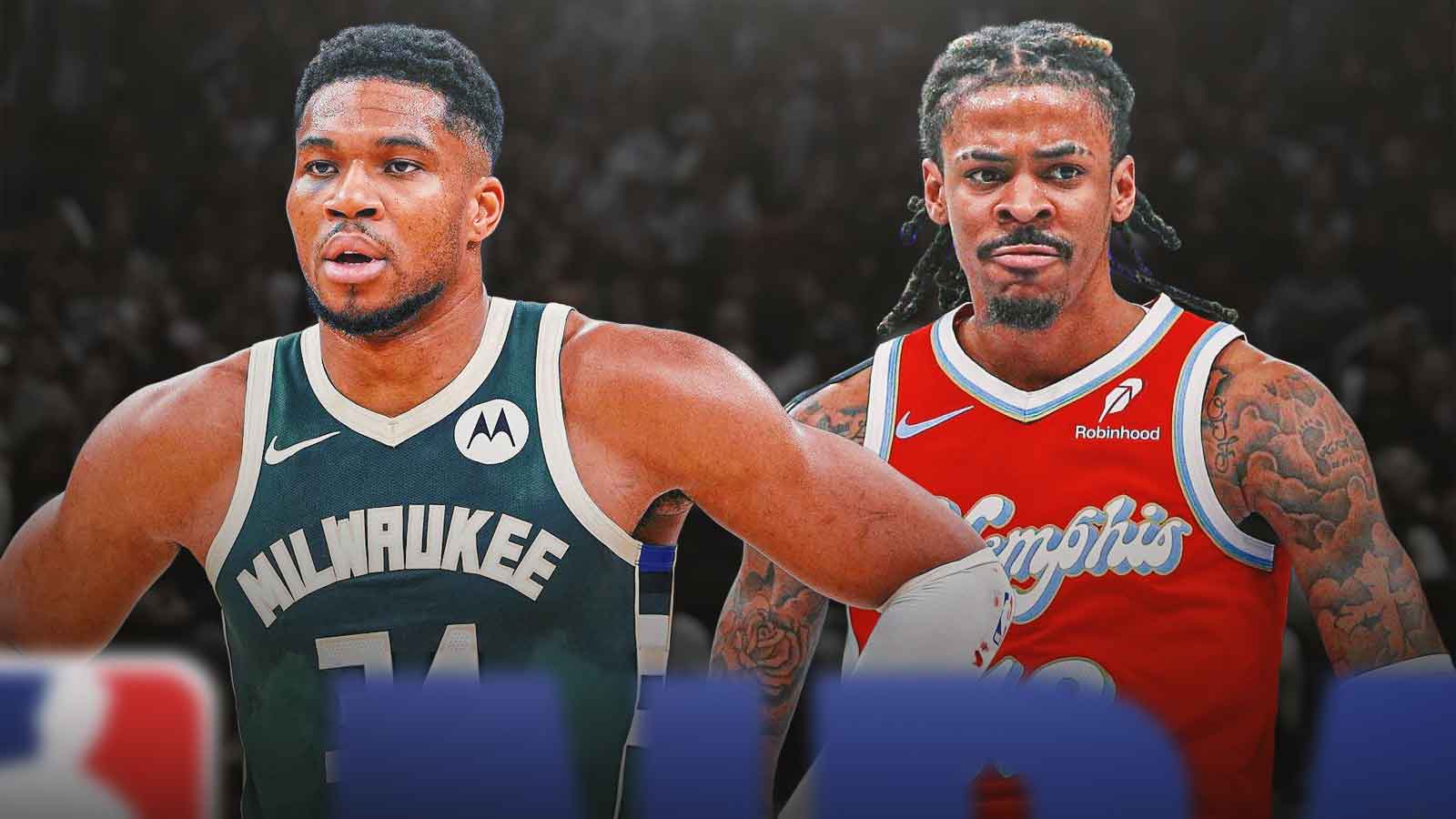There are few sights more disturbing in this world than Donald Sterling sun bathing naked with a fortuitously placed newspaper covering his genitals — but that's the final image of him we're left with in FX's powerful new limited series Clipped, about the demise of the former Clippers owner.
It's meant to be an ugly visual. He's an ugly man down to his core. And while the viewer can't help but feel unexpected empathy for a number of the key players involved in the racism scandal that shook the NBA in 2014 — Donald Sterling is not one of them.
ESPN's Ramona Shelburne first revisited this infamous NBA scandal with her in-depth, five part 30 for 30 podcast series “The Sterling Affairs” in 2019. Now, FX has taken that excellent source material and dramatized it with Hollywood heavyweights for the age of streaming.
Though Donald Sterling has always loomed as a larger-than-life caricature to sports fans, he's played quite convincingly in the show by Ed O'Neill. O'Neill takes a risk and trades in the 22 seasons of laughs he's gotten in television as a father figure — first on Married… with Children and then on Modern Family — to play a surly old misanthrope who obtusely thinks of himself as a father figure to an entire professional basketball organization who all not-so-secretly loath him.
The gamble may just pay off for O'Neill who, much like Donald Sterling, has never won his industry's most cherished gold hardware (if O'Neill doesn't get at least an Emmy nomination for his performance, I'd be shocked).
O'Neill is the most convincing at playing the real-life public figure he portrays in the show, though Laurence Fishburne is also excellent as Clippers coach Doc Rivers, and seems to grow more comfortable in the character as the series proceeds. His attempts at capturing Doc's hoarse voice don't always land, but his mannerisms and body language — and the deep compassion in his eyes — certainly come through.
Rivers is painted as a player-turned-coach still haunted by memories of the 1992 L.A. riots during his time as a point guard for the team. As the Donald Sterling fiasco plays out in the present day of the series, Rivers seems to be considering racial injustice in the City of Angels from a new perspective, far removed from his playing days.
Rivers attempts to balance the needs of his players, the NBA and his fan base with his all-consuming competitive edge and deep-seated desire to win.
But if Rivers is the heart of the series, the soul comes from a more unexpected source — the two female leads who never see eye to eye, yet who both share an all-consuming bond with Donald Sterling.
V. Stiviano, for viewers who might need reminding, was Donald Sterling's way-too-personal assistant whose release of the phone recordings in which Sterling made racist remarks to her prompted the whole scandal in the first place.
Stiviano's puzzling and complicated allure is captured to perfection by The Last Man on Earth's Cleopatra Coleman.
Stiviano was often referred to as “the other woman” as the Sterling affair unfolded, since she was the other woman in the recordings Sterling is talking to and beseeching with overtly racist requests. But the only person really justified in referring to Stiviano with that title would have to be Shelly Sterling, Donald's long-suffering wife.
Jacki Weaver, who compellingly plays Shelly Sterling as equal parts L.A. real housewife and businesswoman, may have the toughest question to answer on the show — how could someone stay married to this man for so long?
The answer may prove as elusive at the series' conclusion as at the outset, but at least she's called out for that hypocrisy by a girlfriend (along with Doc Rivers) in a closing scene. We're also left with the impression that Shelly is somewhat tortured by the fault she bears in the proceedings — as she sits repeatedly listening to the racist recordings in her car even as the dust has settled.
She's the one who has to look out upon Donald Sterling's nude, shriveled body and remind him not to fall asleep in the sun, so maybe that's punishment enough.
The show also offers game performances from the actors portraying the Clippers stars involved in the scandal. These close-knit teammates were abruptly asked to take a stand on a serious social issue in the middle of a playoff run, with little time to process their emotions.
The real lasting legacy of Clipped comes from the hints the series offers about its broader historical context and implications. The Donald Sterling saga is painted as a precursor to the social reckoning cultural touchstones of the Ferguson, MO unrest, the George Floyd murder, and the Black Lives Matter movement.
The NBA may not have responded as forcefully and dramatically following those protests if it didn't first find its footing with its response to the Donald Sterling saga and the events depicted in Clipped. Disturbingly, in the NBA and elsewhere, racism continues to prove a scourge as difficult to peel away from society as a decrepit soulless owner's leathery bare backside from a poolside lounge chair.

